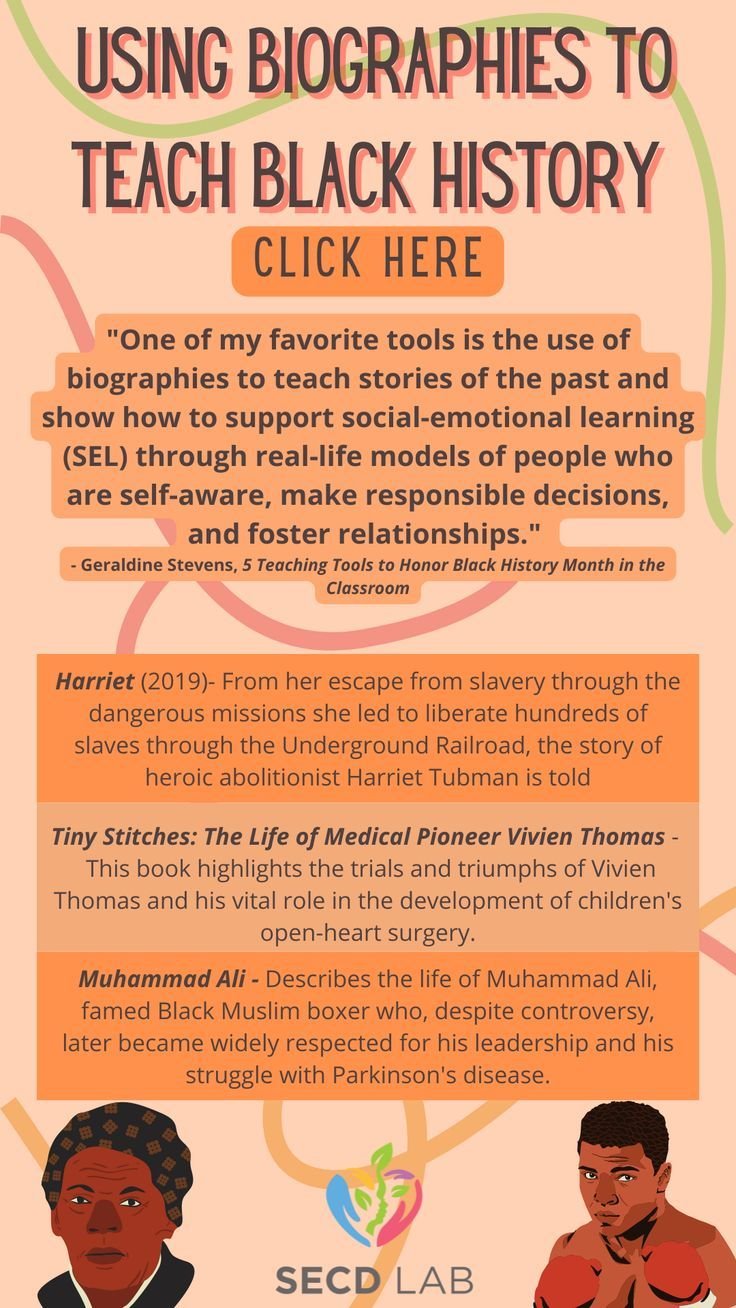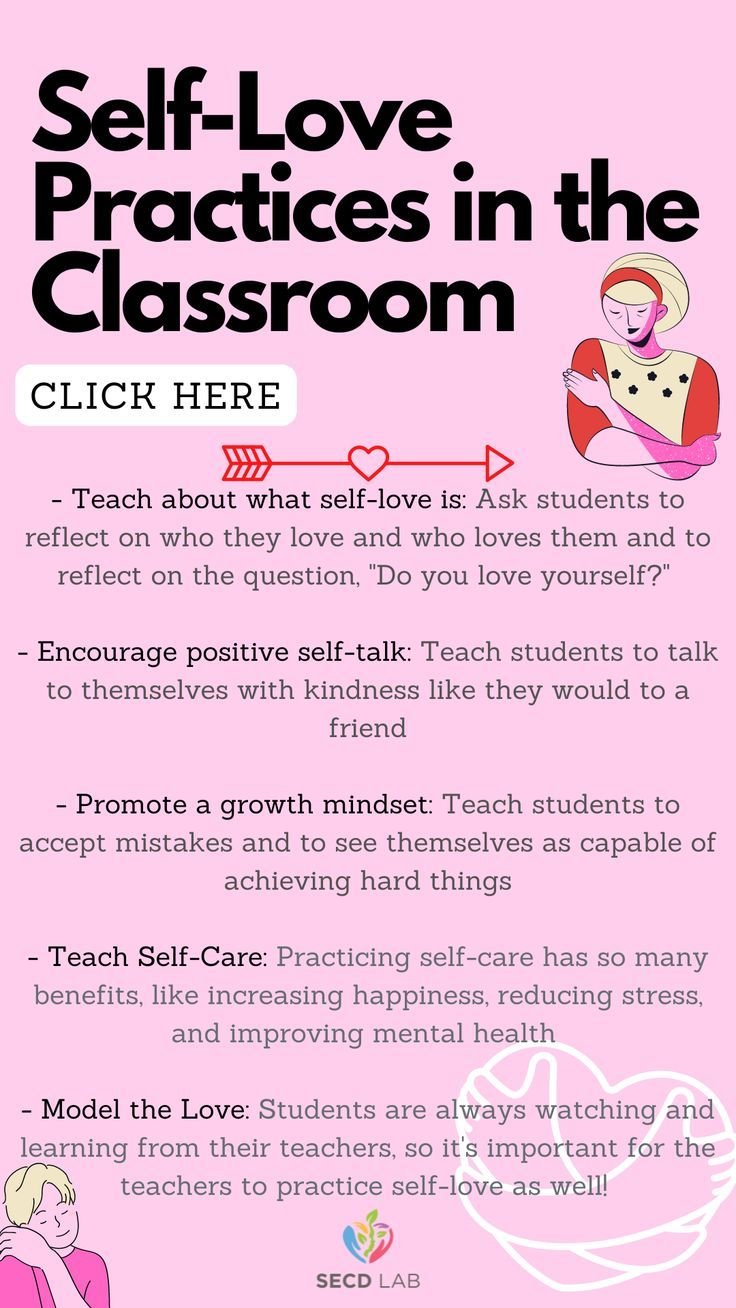The Social-Emotional and Character Development (SECD) Lab focuses on social justice, equity, empowerment, and developmental rights since its inception over three decades ago. Along with many colleagues in related fields such as social-emotional learning, character education, and school culture and climate, we affirm the worth of every child. Our Lab strives to offer all children the opportunity to make positive contributions to the world around them and to be cherished by all peoples and communities.
The murders of George Floyd, Breonna Taylor, and many others like them- before and since- continue to serve as sobering reminders that we, as a society, still have a lot of work to do. As a Lab, we study and work to mitigate the insidious effects of poverty, discrimination, and neglect on children, and we have recognized that the combination of racial bias and poverty is a kind of social imprisonment from which far too few young people are able to escape. The tragic murders of Black, Indigenous, and people of color at the hands of vigilantes and state-sanctioned agents are not revelations. That individuals harbor hatred based on racial/ethnic/cultural difference has been true since the beginning of recorded history; hatred that is organized around notions of inherent supremacy, disdain, and subjugation of “the other,” has been documented as leading to the fall of civilizations. The pervasiveness and continuation of such actions in the present-- and the recognition of the adverse impact of hatred and racism on so many people’s daily lives-- have only deepened our Lab’s commitment to action.
However, what has become undeniable and unavoidable in the death of George Floyd is its stark reminder of the words of Rabbi Joachim Prinz, spoken at the March on Washington for Jobs and Freedom in 1963. Speaking of his experiences as a Jew under the Hitler regime, he said he learned that:
The most urgent, the most disgraceful, the most shameful and the most tragic problem is silence.
We will not be silent. Silence in the face of injustice perpetuates injustice, just as the officers who were silent during and after George Floyd’s murder were complicit in that crime. Rabbi Prinz’s call is a call to witnessing, a call to speaking, and a call to acting. Furthermore, Rabbi Prinz warned us against complacency and against evaluating the state of the world through the lens you happen to have. At every moment, we must ask ourselves, “How might the others involved be feeling?”; “How would I be feeling if that were me?”; “How would I be feeling if that was one of my loved ones?”. Perspective-taking and empathy are not just two “skills”; they are markers for our interdependence as human beings, an interdependence that has been given new clarity and significance as a result of the COVID-19 pandemic.
The SECD Lab renews its pledge to advocate for and continue to illuminate the importance of processes supporting the social, emotional, and character development of all young people in America and worldwide. We affirm that diversity and equity are intertwined and that our own Lab’s diversity will contribute greatly to our effectiveness. We will begin by continuously reviewing our own procedures and plans. We will continue to seek feedback from collaborators and community leaders with whom we work, and we will listen with humility and gratitude, in a spirit of continuous improvement. We will determine where we can be most effective and where we best can lend our efforts and support to the work of others. We will continue to use empathy and honesty as operating principles in all of our work. We pledge to not keep silent about the impact of racism, social injustice, and economic inequality. And we pledge to match our words with actions.
Onward!






